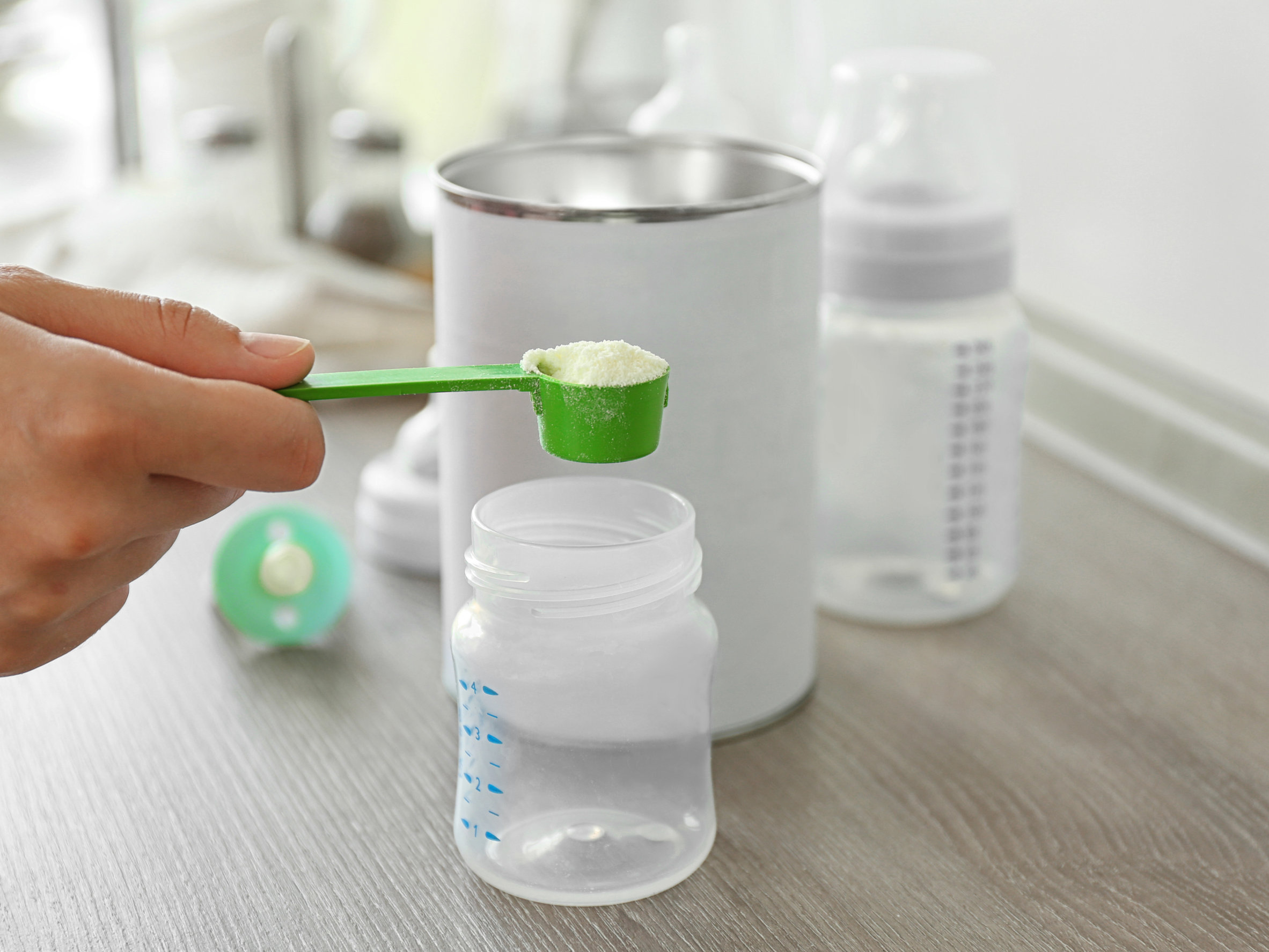Parents and caregivers should rely on a trusted health care provider for support and guidance specific to their child’s needs.
With the nationwide baby formula shortage a challenging reality confronting many families, providers from Children’s Nebraska and Children’s Physicians are here to help address questions and provide expert guidance.
Formula Substitutions and Alternatives
Over the last several months, infant formula shortages have been felt more acutely due to several formula varieties being recalled, as well as disruptions in the supply chain.
Children’s urges parents and caregivers to reach out to their child’s trusted pediatrician or health care provider as a first-line resource for questions regarding appropriate formula alternatives. Providers know an individual baby’s needs and are armed with knowledge on selecting correct nutritional formulations.
“The current baby formula shortage is so difficult for families, and we are here to help ensure that your baby gets the right nutrition when you Can’t find the formula that you normally use,” said Melissa St. Germain, M.D., Vice President and Medical Director of Children’s Physicians. “Using alternatives like homemade formula or cow’s milk can make babies really sick, and getting advice from unmonitored online sources is very risky. Please call your pediatrician for guidance – our team at Children’s is here to support families in our communities as we weather this challenge together.”
In alignment with guidance from the American Academy of Pediatrics (AAP), Children’s offers the following tips for families seeking support and solutions:
- DON’T dilute formula with extra water. Diluting formula will not provide a baby with proper nutrition and may put a child at risk of medical complications.
- DON’T make homemade baby formula. Homemade infant formulas are not medically recommended. Recipes are not tested for safety and may not provide proper nutrition for a baby’s complex nutritional and developmental needs. Use may result in serious health issues or even death.
- DON’T use cow’s milk or milk alternatives (soy, almond, oat, etc.) in place of infant formula. They do not meet the nutritional needs of babies.
- DON’T use toddler formulas for infants under one year of age. The nutritional needs of toddlers are different than those of infants.
- DON’T visit your local hospital’s emergency department seeking formula. Emergency departments are intended for patients requiring rapid or advanced treatments and are not resources for formula.
- DO check smaller stores or drug stores for formula. These may have formula when larger stores are sold out if your preferred formula is unavailable.
- DO check online retailers, but purchase only from well-recognized distributors or pharmacies. Be aware that formula purchased from other countries is not reviewed or approved by the U.S. Food and Drug Administration. Some online retailers also display where formula is available in local brick-and-mortar stores.
- DO consider formula in liquid form as an alternative to powder. Prepared liquid formulas may be more expensive than powdered versions, but they are safe and easy to prepare and use.
- DO consider selecting a different formula from your usual choice. Most healthy babies will tolerate a formula different from their usual one. Check with your pediatrician first, especially with questions or if an infant requires a specialized formula for his or her medical needs. (A handout of substitutions and alternatives is available here.)
- DO register for specialized services that provide infant formula, if eligible. These include WIC (Women, Infants and Children) and SNAP (Supplemental Nutrition Assistance Program). Contact information for these services is available online or by calling your pediatrician’s office.
To find a convenient Children’s Physicians office, families may visit ChildrensOmaha.org/department/pediatrics.



